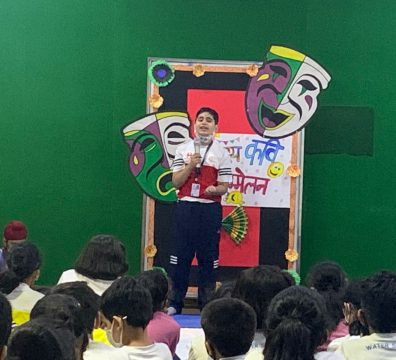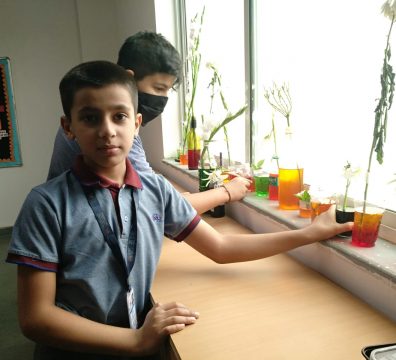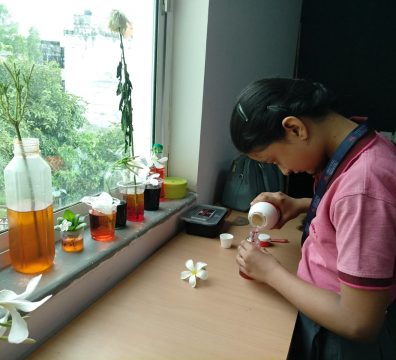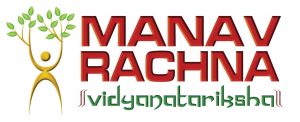


Methodology and Pedagogy used in teaching –Middle Wing
“They say winners are made, not born. But who makes them? The instructors, the trainers, and the teachers—the ones who are there at the beginning, during failures, and after successes.”
Manav Rachna International School NOIDA caters to different teaching methodologies helping the students become more independent, creative thinkers, and buzzing scholars of the nation. There are different methods and pedagogies to teach in Middle School. We incorporate many methods for effective teaching learning in a classroom environment. The most effective pedagogies encompass a range of techniques including structured and whole class group activity, guided learning, assessment practice and individual activity. These pedagogies focus on improving higher-order thinking and make good use of questioning and dialogue in doing so.
Socratic Pedagogy
Socratic pedagogy includes a process in which learners can develop their psychological and social skills to become active students of the class. Proposed by the Greek philosopher, Socrates, the Socratic pedagogy mainly involves the dialogue between the instructor and students. The teacher would ask students probing questions and explore the underlying beliefs that shape the perceptions and views of the students. There are 3 steps of the Socratic Method:
1) The teacher would provide an initial description or opinion;
2) Then, the teacher would ask a question to raise an exception to that opinion or description;
3) Provide a better opinion or description.
Students get the support to challenge traditional concepts about knowledge, explore alternatives, and create educational knowledge using their experiential learning, ideas, and meaningful dialogues with others. Thus, the Socratic pedagogy curriculum will mostly include the anonymous peer review process, collaborative instructions, comparative context and thinking as learners. Explore established ideas with others to open their minds and develop a better understanding of concepts. Example of Socratic pedagogy: Socratic pedagogy in Science or Mathematics can be seen when students look beyond the obvious to assess what and why a specific scientific or mathematical process is, and how is that applied in society.
Critical Pedagogy
It is a teaching philosophy that persuades a classroom teacher to encourage learners to critique structure and thinking. Critical teaching aims to encourage students to challenge their ideas and thoughts, their practices, and their beliefs, to gain a deeper understanding and think critically.
Examples of Critical Pedagogy: Educators can incorporate critical pedagogy by using audio-visual material to encourage students to look at the causes and deeper meaning of everything from politics to war and religion; or by analysing and exploring power issues and relationships in their families. Critical teaching frequently depends upon the students’ approach towards teaching, in which teachers uncover different strengths of students’ backgrounds, and nurture them to assure that students are confident to express their feelings, and accomplish their goals.
At Manav Rachna we cater to this particular aspect and the teaching also includes hands-on activities, educational tours, workshops, projects based learning, and presentations for guiding, educating, and creating awareness among the students to make them confident scholars.
.
.
